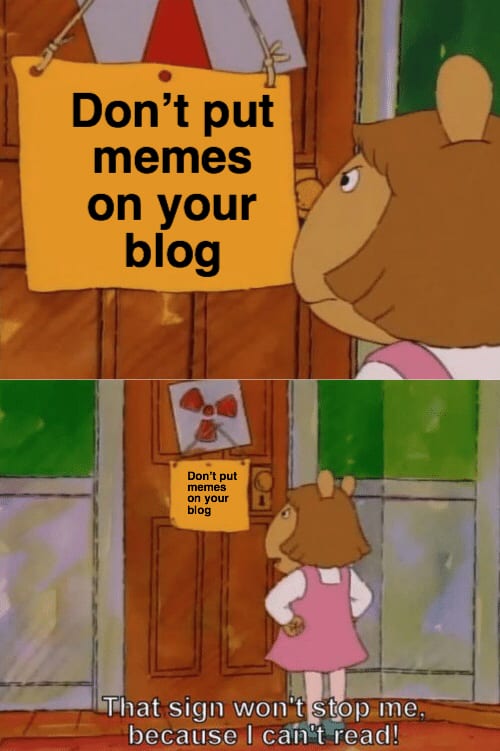Moving forward in history in socials, we studied World War II. World War II is something I know a bit more about, most likely because of my obsession with Captain America. But really, it turns out I only knew the basics: Hitler rose to power, wasn’t a great guy, America and Britain defeated him, the end. This unit opened my eyes to everything. The battles, the politics, economy, civilian life.
For this unit, we chose to focus on perspectives. When we learn about the war usually, it’s always from the one perspective of Canada doing everything right and Germany doing everything wrong. But we wanted to capture everyone’s perspectives.
To start off, we had to take a survey. This survey asked us what country we wanted to research. There was an option at the bottom that caught my eye: choose your own. I noticed there was a country that wasn’t on there that interested me:
Thats right, I got to study America’s role in WWII. It turns out there was a lot I don’t know (Captain America comics can only teach you so much). This project had a lot of elements. Let me break it down for you:
Literature:
In class, we each had to pick a book about WWII. There were three options: All The Light We Cannot See, Code Name Verity, and Unbroken. All three are amazing books, but I chose Code Name Verity. It’s very compelling, an excellent read about a female spy in the war. I actually already did a book review on it, so you can read that.
Helmut:
This part was actually really cool to me. We got a WWII veteran in to talk to us. Though, not only was he a veteran, but he was a German soldier who went to Hilter Youth. His name was Helmut, and he lives in Canada now. Going back to the idea of perspective, it was really interesting to hear him talk about what it was like to be in Germany. We got to make podcasts, which link in to the final (and most important) part of the project.
The Website:
That’s right: we made a website! This is going to be the longest part, so buckle in. We made a website called PerspectivesOfWW2, which has different pages for each country involved in the war, give or take a few. Most people got put into groups to complete this part of the unit, though myself, Calum, and Isobel were titled ‘independents’, because we were working on our own. This means: all the research, all the media searching, all the citations, and the page design was all done by one person. Personally, I think we did really well.
The research was one of the hardest parts for me, because we had to do citations, which involved us saving the link to put into the citation, as well as mark stuff like who wrote the article, when I accessed it, who the publisher was, etc. I think it’s worth mentioning that my timeline took about a day to do (I had to cut it down a lot).
We got critique from Cathleen Barter, who was actually our teacher’s teacher. It gave us a chance to revise some things, and fix some facts. If you’d like to see the full website, click here.
For the independents:
This was a really great way to learn about WWII from all perspectives, and I feel like I got a lot out of it. In BC, we only really learn about Canada. It was cool to see all the different perspectives of the war. The idea of having to publish this to the world gave the added pressure of double checking everyone was right, which is good (because now everything about America in WWII is engraved into my brain). I liked this style of learning, I hope we do more projects like this in the future.
Read you later
Sincerely, Me




